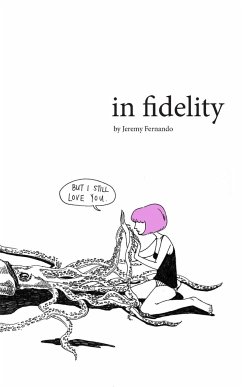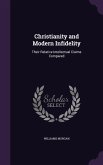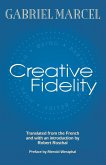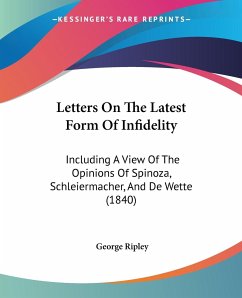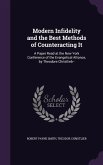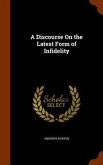« … It has taken me years to admit - perhaps only to myself - that I don't care about writing something important, something significant. That my only hope, wish - dream even - is to write something beautiful … » (139) This book attempts to open the dossier of fidelity; and, in particular, attend to the question of the relationship between fidelity and its object, to the question of: must there be an object to fidelity? For, if one is faithful to something or someone, is one responding to the what, the characteristics of the thing, the person; or the who, the person, thing, as such? Which is not to say that what and who are necessarily distinguishable, separable, to begin with. However, if we open the possibility that the who is always already beyond us - outside of knowability, if even only slightly - this suggests that it is the spectre, the potential unknowability, that haunts all relationality. Thus, even if there is an object to one's fidelity - for, without which one cannot even begin to speak of fidelity, speak of relationality - this might well be an objectless object or, at least, an object that remains veiled from us. In order to explore this relationship - in which one cannot even be sure if there is a relationality; for, without the object, the nature, if one can call it that, of the relation is speculative - the text takes the form of an exploratory fiction. Where it attempts to bear witness to the possibility of fidelity - keeping in mind that fiction is both the limit to, and condition of, testimony - whilst quite possibly only testifying to the possibility of being able to testify. Nothing more.
Bitte wählen Sie Ihr Anliegen aus.
Rechnungen
Retourenschein anfordern
Bestellstatus
Storno

